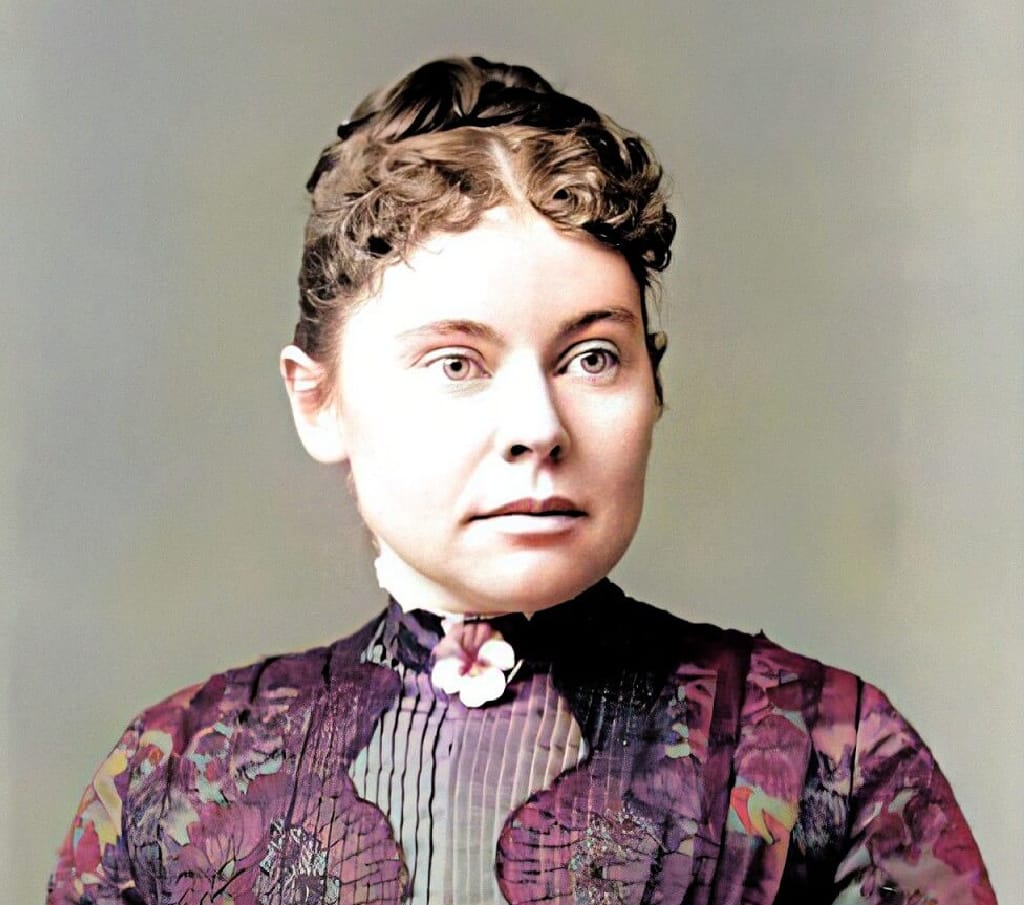The French Revolution (1789-1799) was a period of profound social and political upheaval in France that significantly reshaped the nation’s structure and influenced the course of world history. Central to this seismic shift were the women of France, whose contributions, though often overlooked in traditional historical narratives, were pivotal to the success and direction of the revolution. This article seeks to shed light on the multifaceted roles women played during this transformative era, exploring their political activism, social influence, and the enduring impact of their efforts.
Introduction: Women and the Seeds of Revolution
The late 18th century in France was characterized by profound discontent among the populace, driven by economic hardship, social inequality, and political disenfranchisement. Women, who constituted a significant portion of the population, were deeply affected by these issues. The economic crisis of the 1780s, exacerbated by poor harvests and rising bread prices, hit women particularly hard, as they were often responsible for managing household provisions.
Despite the oppressive conditions, women in France were not merely passive sufferers. They were active participants in the public sphere, engaging in political discourse and mobilizing against injustices. The Enlightenment, with its emphasis on reason and individual rights, had sown the seeds of revolutionary thought, and women, inspired by these ideals, began to demand greater equality and justice.
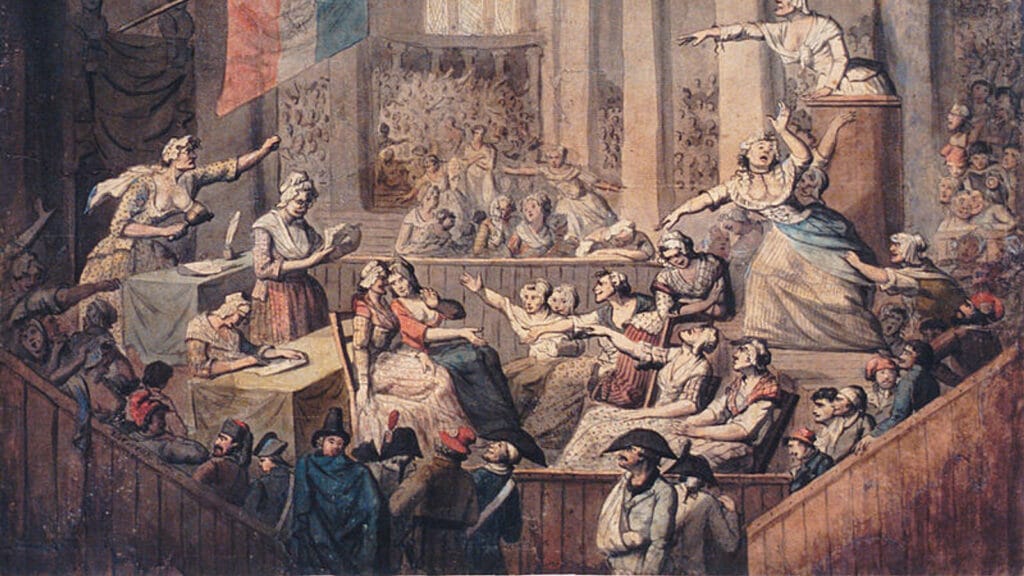
Women at the Frontlines: The March on Versailles
One of the most iconic moments of the French Revolution involving women was the March on Versailles, which took place on October 5, 1789. This event highlighted the desperation and determination of the women of Paris. Facing soaring bread prices and widespread hunger, thousands of women, armed and resolute, marched from Paris to the Palace of Versailles. Their aim was to confront King Louis XVI and demand bread for their families.
Among the leaders of this march was Théroigne de Méricourt, a fervent revolutionary and women’s rights advocate. Born Anne-Josèphe Terwagne, Théroigne de Méricourt became a prominent figure in the revolution, known for her passionate speeches and active participation in revolutionary clubs. Her involvement in the march and subsequent actions exemplified the pivotal role women played in pushing the revolution forward.
The women’s demands at Versailles were clear: they sought immediate relief from hunger and insisted that the king return to Paris, closer to the people and the revolutionary government. The marchers succeeded in their mission, and the royal family was brought to Paris, symbolizing the transfer of power from the monarchy to the people.
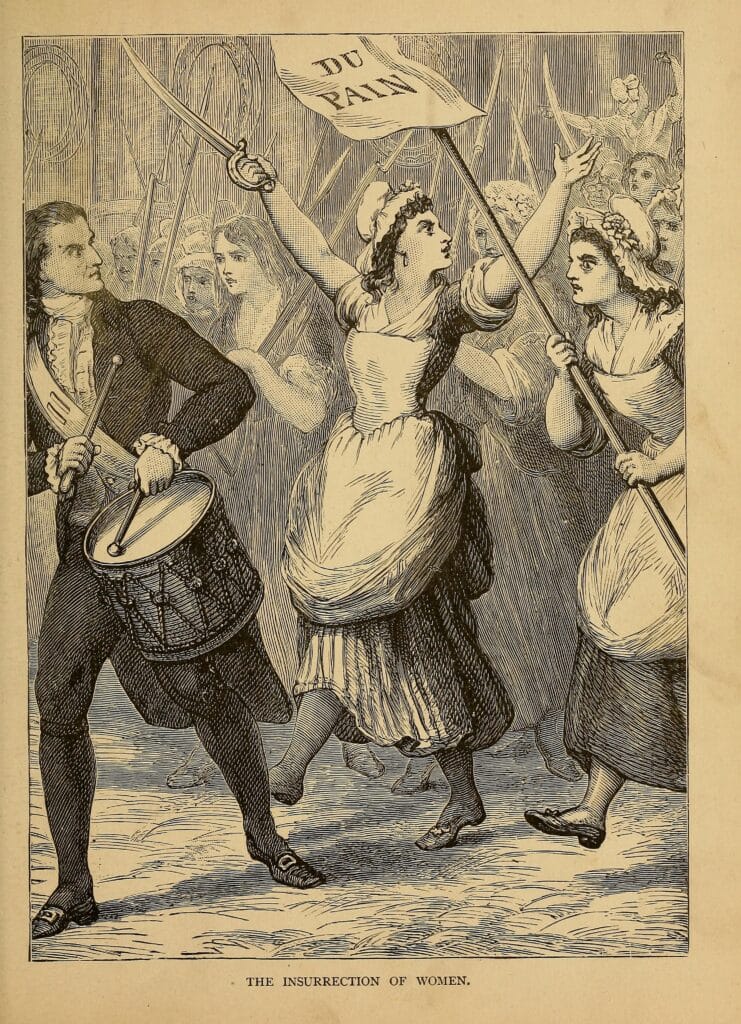

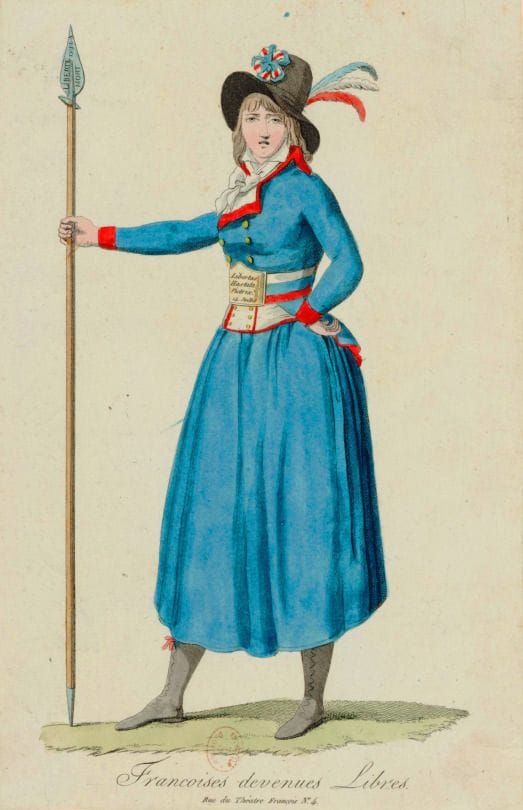
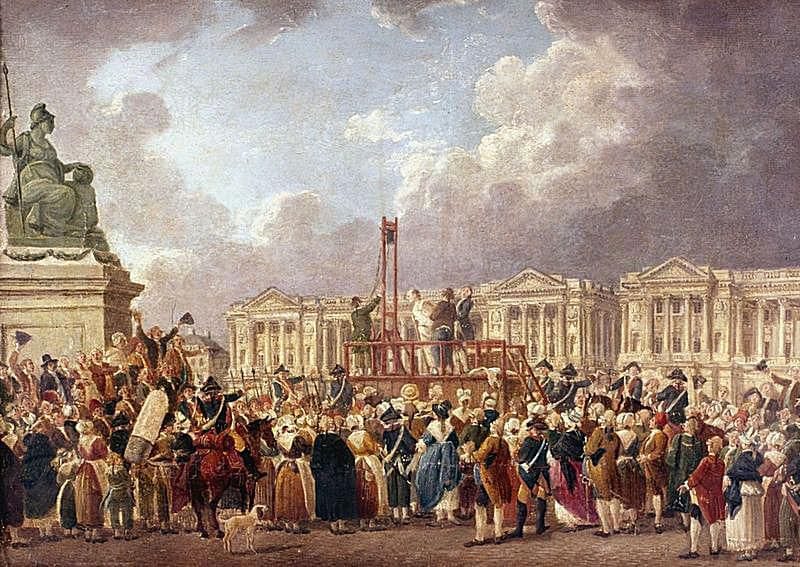
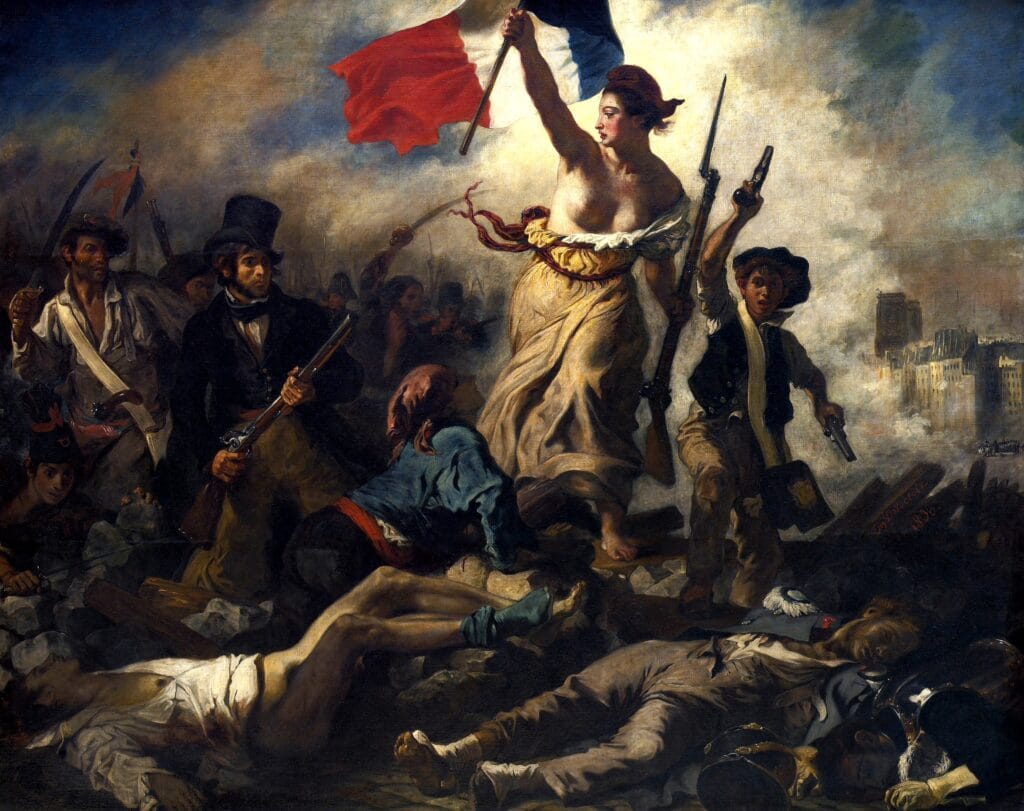
Political Activism and Revolutionary Clubs
The revolutionary fervor of 1789 led to the formation of numerous political clubs and societies, where ideas about liberty, equality, and fraternity were fervently discussed. Women were not only participants but also founders of many such groups. The Society of Revolutionary Republican Women, established in 1793, was one of the most notable. Founded by Claire Lacombe and Pauline Léon, this society advocated for women’s rights and greater political involvement.
Claire Lacombe, an actress turned revolutionary, was a powerful orator and activist. Her speeches and writings emphasized the need for women’s participation in the political process, arguing that true equality could not be achieved without the inclusion of women. Pauline Léon, another co-founder, was equally dedicated to the cause. She had previously gained attention by presenting a petition to the National Assembly in 1791, signed by over 300 women, demanding the right to bear arms and defend the revolution.
The Society of Revolutionary Republican Women campaigned vigorously for issues such as price controls on bread and other essentials, the abolition of the monarchy, and the establishment of a republic. They also fought against the gender-based discrimination that persisted even within the revolutionary ranks. However, their radical views and assertive actions often brought them into conflict with male revolutionaries, who were reluctant to extend the principles of equality to women.
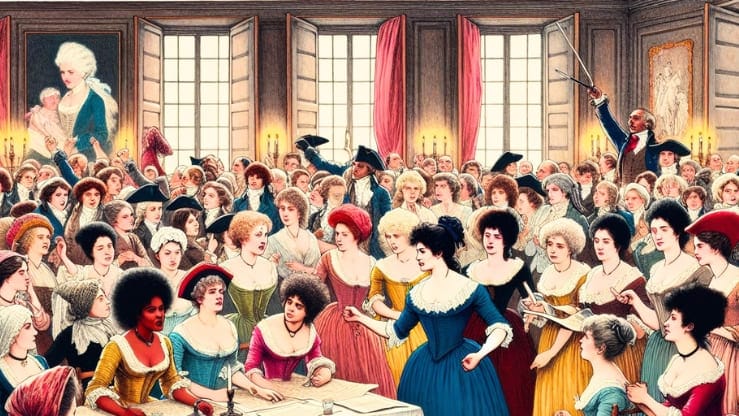
Women Writers and Intellectuals
The revolution also provided a platform for women writers and intellectuals to voice their ideas and challenge the status quo. Olympe de Gouges, born Marie Gouze, was a playwright and political activist who became one of the most prominent feminist figures of the French Revolution. In 1791, she published “Déclaration des droits de la femme et de la citoyenne” (Declaration of the Rights of Woman and of the Female Citizen), a direct response to the Declaration of the Rights of Man and of the Citizen. In her declaration, de Gouges argued that women should have the same rights as men, including the right to vote, own property, and participate in government.
Olympe de Gouges’s work was revolutionary and ahead of its time. She boldly asserted that “woman is born free and remains equal to man in rights,” challenging the deeply ingrained patriarchal norms of French society. Her declaration called for legal and social reforms to ensure gender equality, and she advocated for women’s education as a means of achieving this goal.
Madame Roland, born Marie-Jeanne Phlipon, was another influential intellectual of the revolution. As the wife of Jean-Marie Roland, a leading figure in the Girondist faction, she wielded considerable influence over revolutionary politics. Madame Roland hosted a salon that became a hub for political discussion and strategy, attracting key revolutionary figures. Her memoirs, written during her imprisonment, provide a detailed and insightful account of the revolution from a woman’s perspective.

The Reign of Terror and Women’s Suffering
The Reign of Terror (1793-1794) marked a dark and tumultuous period in the revolution, characterized by widespread fear, violence, and the execution of perceived enemies of the revolution. Women, both as active participants and as symbols of revolutionary zeal, were not spared from the terror.
The Society of Revolutionary Republican Women was disbanded in 1793 by the revolutionary government, which viewed their radicalism as a threat to stability. Claire Lacombe and Pauline Léon faced persecution, and their calls for gender equality were silenced. The repression of women’s political activism during this period underscored the limitations of the revolution in achieving true egalitarianism.
The Reign of Terror also saw the tragic execution of prominent female revolutionaries. Olympe de Gouges, whose writings and activism had challenged the patriarchal order, was guillotined in November 1793. Her execution was a stark reminder of the dangers faced by those who dared to advocate for women’s rights in a deeply patriarchal society.
Madame Roland met a similar fate. Accused of conspiring against the revolution, she was arrested and executed in November 1793. Her final words, “O Liberty, what crimes are committed in thy name!” encapsulated the disillusionment felt by many revolutionaries as the ideals of the revolution were overshadowed by the violence and repression of the terror.
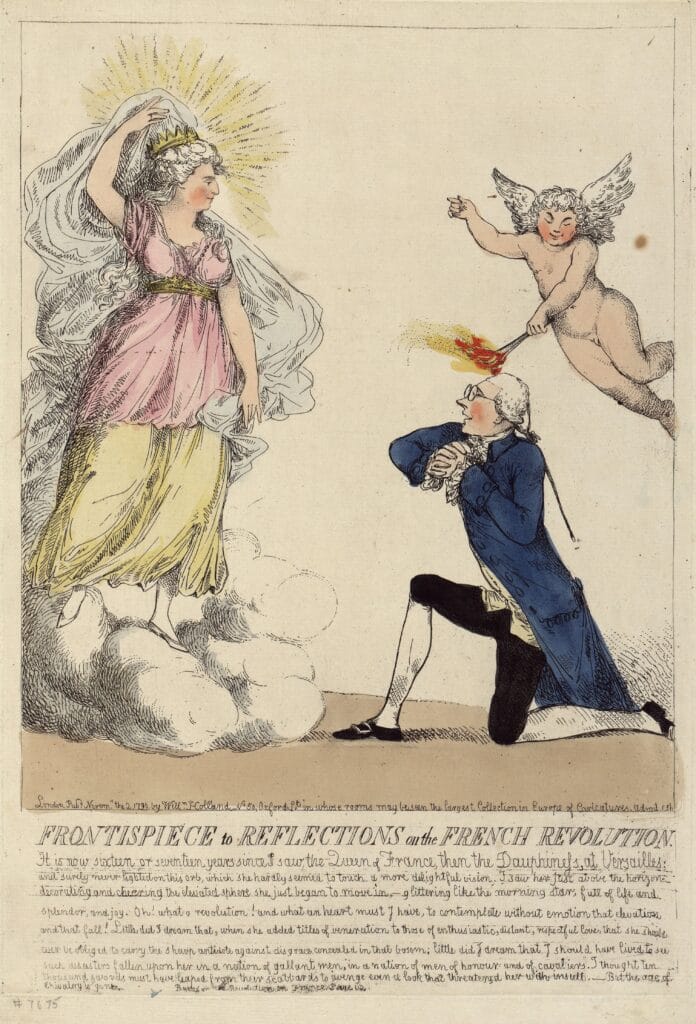
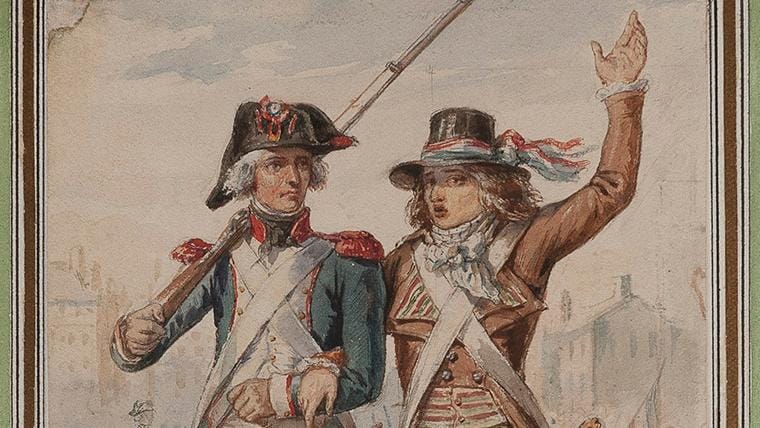


The Aftermath: Legacy and Reflection
The fall of Robespierre in July 1794 marked the end of the Reign of Terror and ushered in a period of relative calm known as the Thermidorian Reaction. While this period saw a retreat from the radicalism of the terror, it did not bring about significant advancements in women’s rights. The Napoleonic Code, established in 1804, further entrenched patriarchal norms by restricting women’s legal rights and reinforcing traditional gender roles.
Despite these setbacks, the contributions of women during the French Revolution left an indelible mark on history. The activism and sacrifices of figures like Théroigne de Méricourt, Claire Lacombe, Pauline Léon, Olympe de Gouges, and Madame Roland highlighted the critical role women played in shaping revolutionary thought and action. Their efforts laid the groundwork for future movements for women’s rights and social justice.
The French Revolution also inspired a reevaluation of women’s roles in society and politics. The ideas articulated by women during this period resonated in subsequent struggles for gender equality, influencing feminist movements in the 19th and 20th centuries. The revolution demonstrated that women’s participation in political life was not only possible but essential for the realization of democratic and egalitarian ideals.
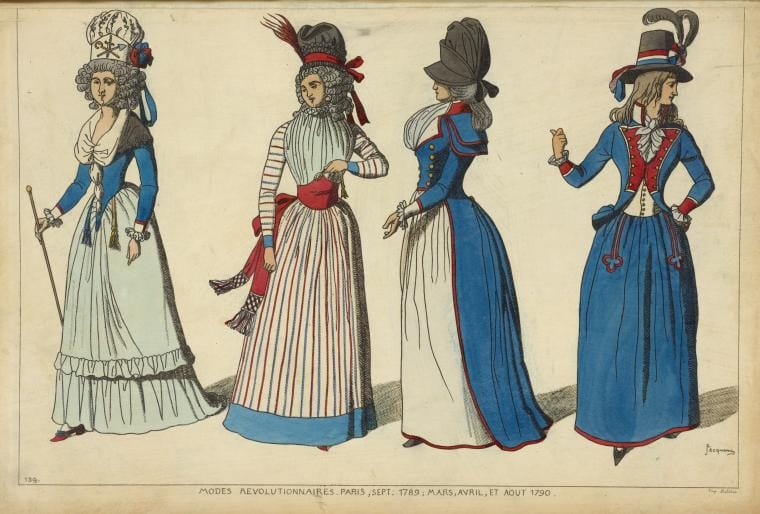
A Feminist Perspective on the French Revolution
The French Revolution was a complex and multifaceted event that brought about significant changes in French society and politics. While it is often remembered for its male leaders and violent upheavals, the contributions of women were equally important and deserve recognition.
Women were active participants in the revolution, engaging in political activism, forming revolutionary clubs, and advocating for their rights through writings and speeches. Their efforts were met with resistance and repression, yet their courage and determination helped to propel the revolution forward.
From the March on Versailles to the execution of Olympe de Gouges, the experiences of women during the French Revolution underscore the interconnectedness of gender and politics. The struggle for women’s rights during this period was a crucial aspect of the broader fight for liberty, equality, and fraternity.
As we reflect on the legacy of the French Revolution, it is essential to acknowledge and honor the women who played a vital role in this transformative period. Their contributions continue to inspire and inform contemporary feminist thought and activism, reminding us that the quest for equality and justice is an ongoing struggle that requires the participation and voices of all members of society.





